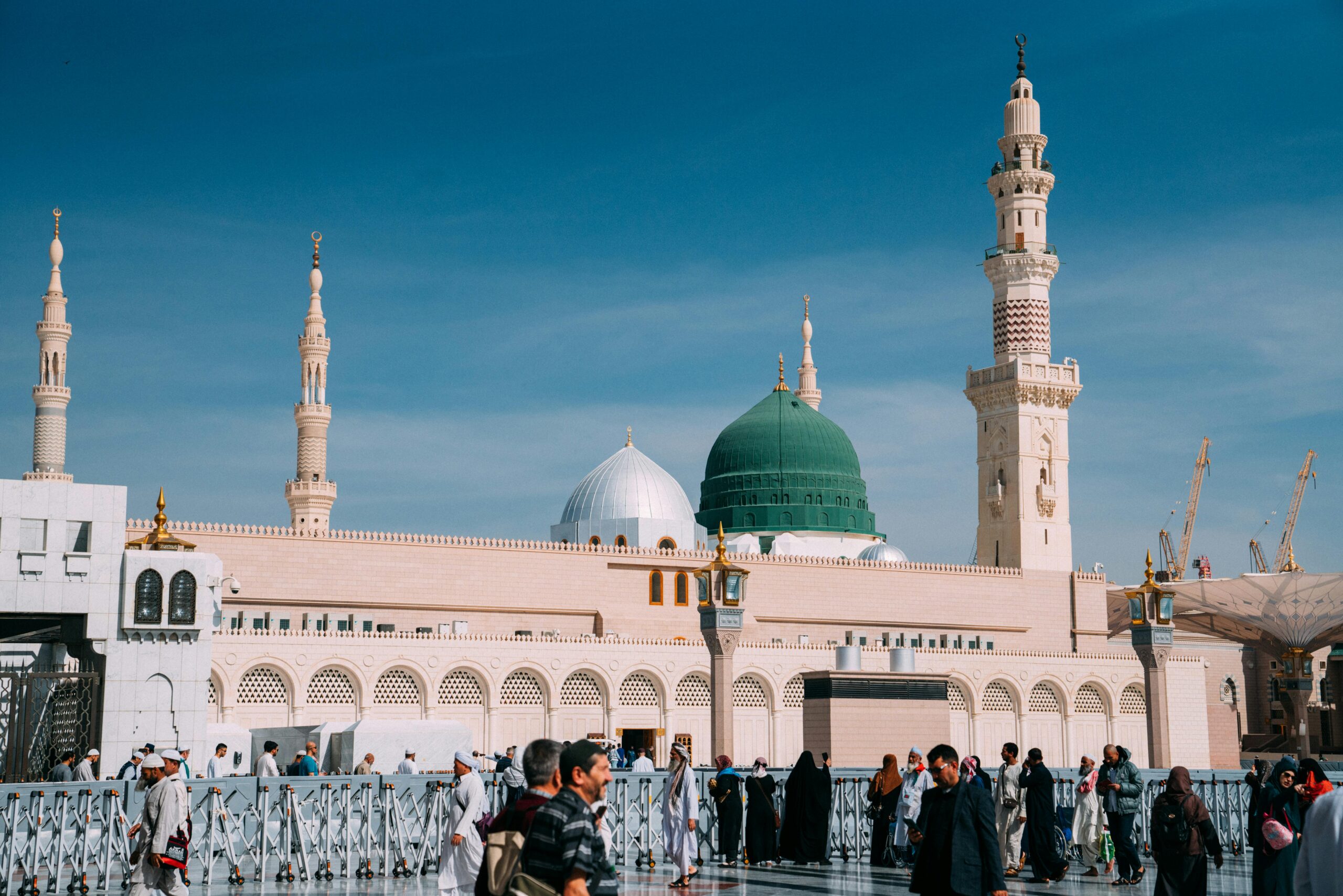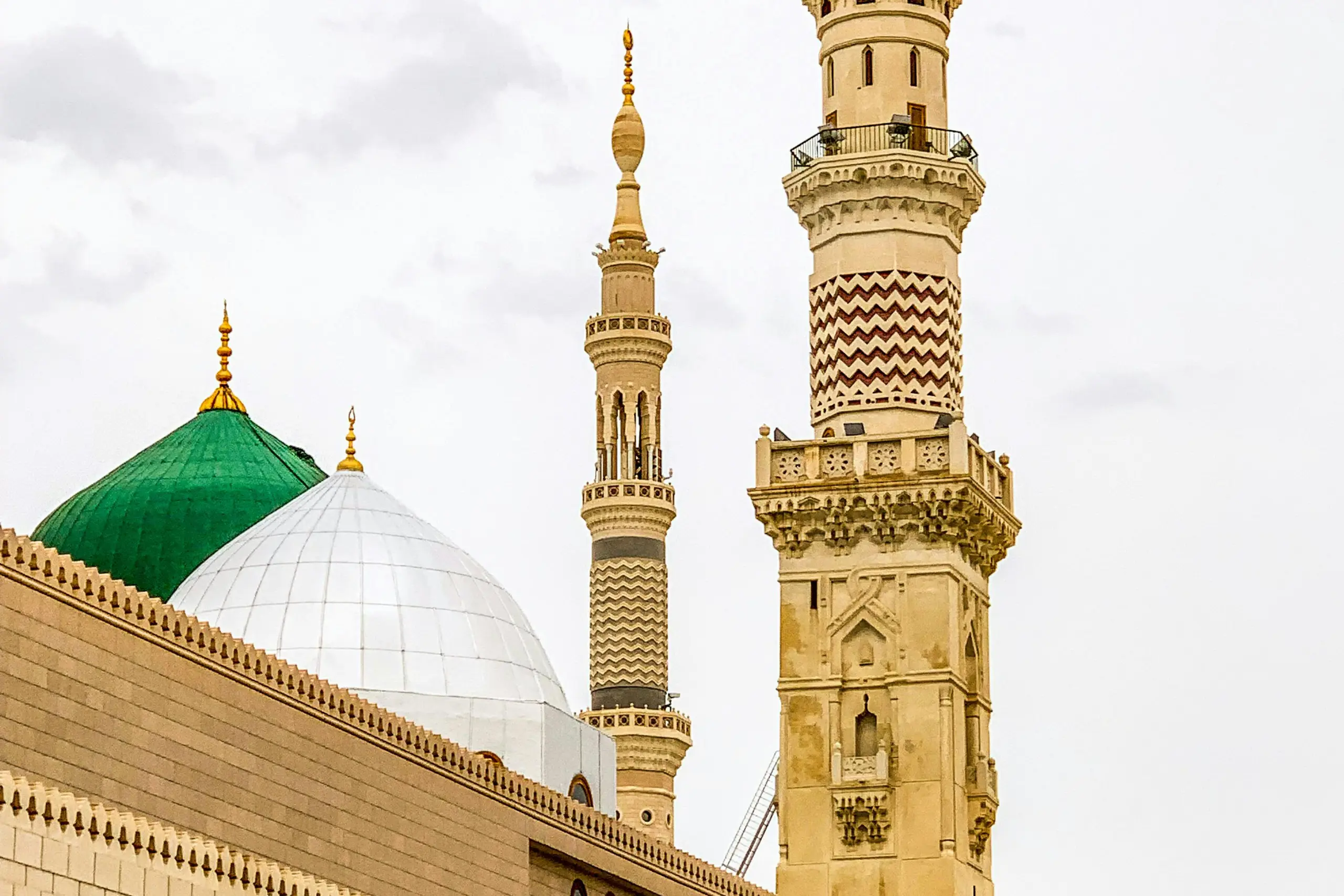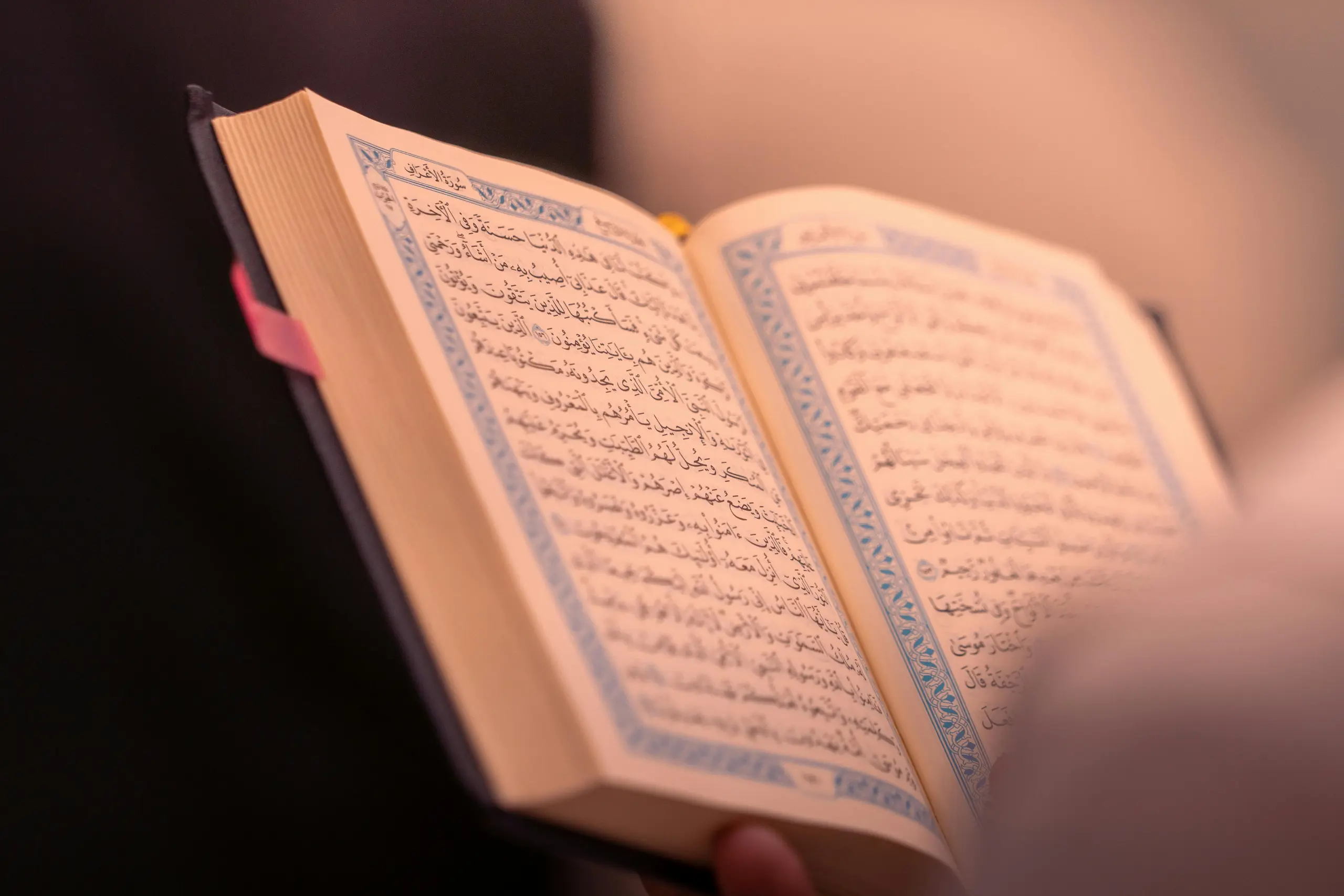When is Eid Milad-un-Nabi? Jashan-e-Eid Milad-un-Nabi Countdown 2025



The Beloved of God arrives
Day(s)
:
Hour(s)
:
Minute(s)
:
Second(s)
When is Mawlid (Prophet’s Birthday) in 2025?
Mawlid an-Nabi (also Eid Milad al-Nabi) in 2025 is expected to fall on Thursday–Friday, September 4–5, 2025, based on the sighting of the moon and the Islamic date of 12 Rabi’ al-Awwal.
Is Mawlid a public holiday?
Yes — Mawlid is a public holiday in many Muslim-majority countries, including nations such as Egypt, Pakistan, Indonesia, Sudan, UAE, and others
What is Mawlid?
Mawlid is a significant holiday in Islam that honors the birthday of the Prophet Muhammad, the founder of the religion. Known also as Milad or Mawlid al-Nabi, this celebration occurs in the third month of the Islamic calendar, Rabi’ al-awwal. However, dates may vary between Sunni and Shia traditions. In many Muslim-majority countries, Mawlid is marked as a public holiday. The occasion is often filled with parades, festivals, poetry, and acts of charity, making it a truly festive experience for communities.
Although some Muslims embrace the celebration wholeheartedly, others view it differently. Critics argue that the focus on Muhammad’s human qualities detracts from his divine message. Because of this, some prefer quieter forms of observance, such as reading the Quran. Still, the day remains important, especially in countries like the United States and Canada, where it has grown in cultural relevance.
Notably, the Ottoman Empire played a large role in popularizing the celebration. Today, vibrant festivities unfold across continents, often tracked by a festive counter or a countdown leading up to the event. In regions like Saudi Arabia, some Islamic leaders discourage participation, stating Muhammad himself did not celebrate his birthday. Nevertheless, Mawlid continues to be cherished by millions who mark it on their own festive counter, planning community-wide celebrations in advance.
History of Mawlid
The origins of Mawlid go back to the early Islamic era when the Tabi‘un held sessions where songs and poetry in honor of Muhammad were shared publicly. These gatherings took place in major cities and were among the first signs of a growing tradition. The Ottomans officially declared Mawlid a holiday in 1588, calling it Mevlid Kandil. In Egypt and other regions, the term Mawlid also became a general reference for birthdays of religious figures, such as Sufi saints.
Originally, observance of Muhammad’s birth was a private event. Over time, these private settings expanded, allowing more visitors to join throughout the day. These early events included Sufi influences like animal sacrifices, public sermons, and even torchlight processions. Celebrations occurred during daylight hours and were often led by rulers who emphasized the Ahl al-Bayt lineage. Sermons and Qur’an recitations were central to the ceremonies.
It’s hard to trace the exact origin of the celebration. According to Islamic history, Muhammad himself fasted on Mondays because he was born on that day, a fact considered meaningful by some scholars. Umar even considered using Muhammad’s birth as the starting point for the Islamic calendar. The Abbasids introduced more formal practices in Baghdad, possibly through figures like al-Khayzuran, mother of Harun al-Rashid. By the 8th century, celebrations were held at Muhammad’s birthplace.
Some researchers suggest the Fatimid dynasty played a key role in developing Mawlid. In Egypt, festive traditions like sermons, sweet distribution—especially honey—and alms for the poor became common. According to historian Maqrizi, these celebrations attracted scholars and religious figures alike. While Shia origins are often emphasized, Sunnis introduced the first public festival in 1207, led by Muẓaffar al-Dīn Gökburi.
Later, Abu al-Abbas al-Azafi introduced Mawlid to Ceuta to reinforce Islamic identity and counteract Christian festivals. The countdown to Mawlid is now seen in calendars and digital counters alike, as families plan for sermons, feasts, and community charity. Whether marked privately or publicly, the celebration holds spiritual weight, its traditions upheld through generations and often guided by a festive counter shared in mosques and homes.
Mawlid an-Nabi (2025–2030)
| Year | Date (Approx.) | Day |
|---|---|---|
| 2025 | September 5, 2025 | Friday |
| 2026 | August 25, 2026 | Tuesday |
| 2027 | August 15, 2027 | Sunday |
| 2028 | August 3, 2028 | Thursday |
| 2029 | July 23, 2029 | Monday |
| 2030 | July 13, 2030 | Saturday |
* Dates may vary depending on moon sighting and local traditions.
FAQs
Can I find countdowns for other Islamic events here?
Yes! Besides Mawlid, this website also offers countdowns for Eid al-Fitr, Eid al-Adha, Laylat al-Qadr, and more festive occasions.
Is Mawlid celebrated at a specific time of day?
Mawlid observances usually begin after sunset on the 11th of Rabi’ al-Awwal and continue through the 12th, including nighttime prayers, gatherings, and recitations.
How can I track the countdown to Mawlid?
You can use the festive counter on this website to track the live countdown to Mawlid. It updates automatically based on the Islamic calendar.
Does Mawlid fall on the same date every year?
No, Mawlid follows the Islamic lunar calendar, specifically the 12th of Rabi’ al-Awwal, so the Gregorian date changes each year.
